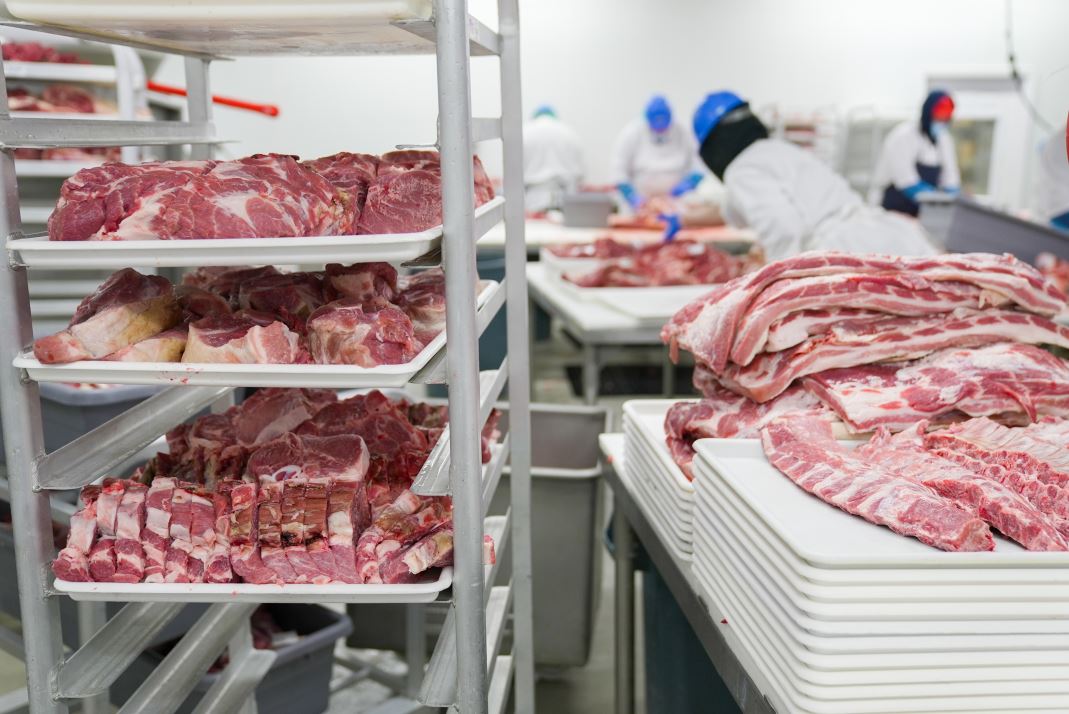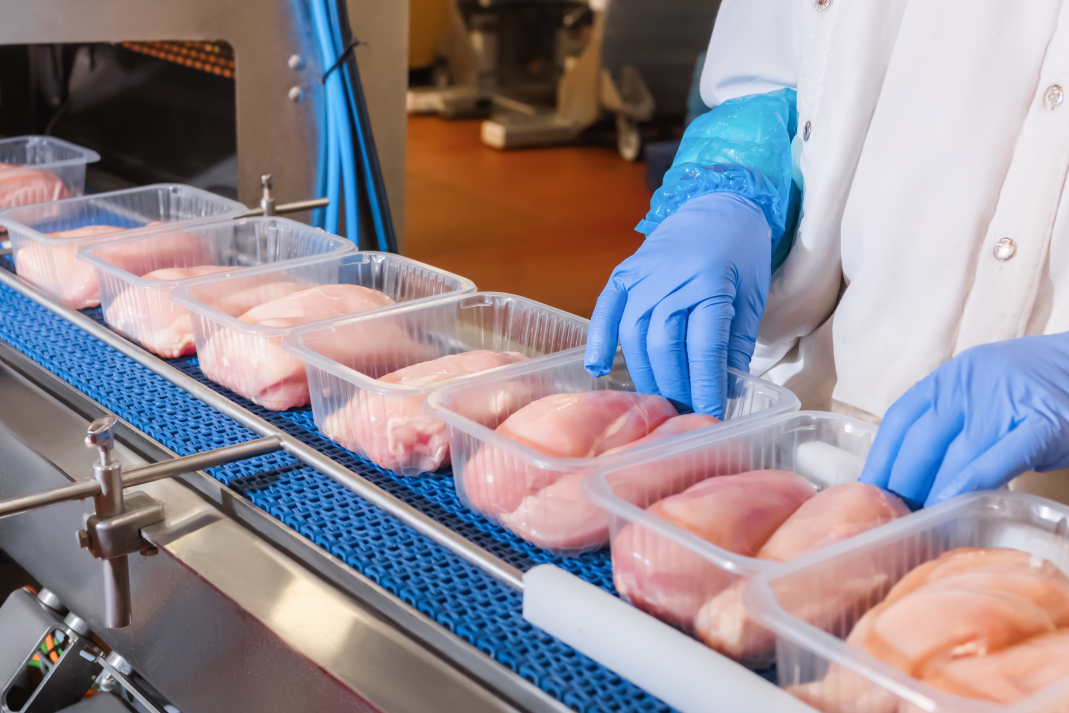What does 2022 have in store for the UK meat processing market?

2021 has been a year filled with seemingly never-ending crises and disruption for the UK meat processing industry.
A CO2 shortage almost brought slaughter to a complete standstill. Trans-border trade and flow between GB and Northern Ireland have been battered in the post-EU “sausage war” fiasco. Post-Brexit labour shortages at all stages of the meat processing journey are acute and show no sign of abating. UK distribution networks are almost at breaking point.
Bowing to industry pressure, the government has recently granted 3,000 temporary work visas for EU workers to relieve the pressure, particularly in the build-up to Christmas. However, beyond that, the pressure on the industry remains. Nick Allen, Chief of the Meat Processors Association, recently added to the growing industrial push back against the government dalliance with the triggering of Article 16 and potentially collapsing the Brexit deal, saying “We’re struggling enough with food inflation without a damaging trade war and retaliation measures. Another year of uncertainty would be devastating for our industry.”
The UK meat industry is facing conditions that could deteriorate markedly should the geopolitical mood change. The latest Plimsoll Analysis has vetted the financial health and outlook of the UK’s 130 leading meat processing companies. Based on the latest data, this interactive analysis of the market shows:
- 35 companies were rated as Caution or Danger and in financial jeopardy
- Profit margins are traditionally low in the market, averaging less than 2% for the last 5 years
- Average sales growth was up to 5% but has slowed below 2% on each of the past 2 years
- 41 meat processors are ripe for takeover in a market overdue a period of consolidation
The Plimsoll Analysis provides an instant assessment of the financial health and sustainability of the UK’s 130 leading meat processing companies. It provides advanced warning of who is most likely to survive the current multi-faceted crises circling the market.
For meat companies, it provides an instant benchmark of your performance against the rest of the UK market and the insight you need to develop your strategy for 2022. For observers and suppliers into the market, it will show you which companies are in a weakened position and most at risk of failure.
The UK’s meat companies are right to be drawing up plans to cope with putting products on the shelves of UK supermarkets. The economic case for continuing to process meat in the UK is being sorely tested by unsustainably high energy and chronic labour prices. Recent stories of companies sending carcasses to the EU due to a lack of butchers is testament to the problem. The Plimsoll Analysis reveals the companies most likely to be standing at the end of what could be a very difficult winter.
More information about the Plimsoll Analysis on the UK meat processing market is available here.


